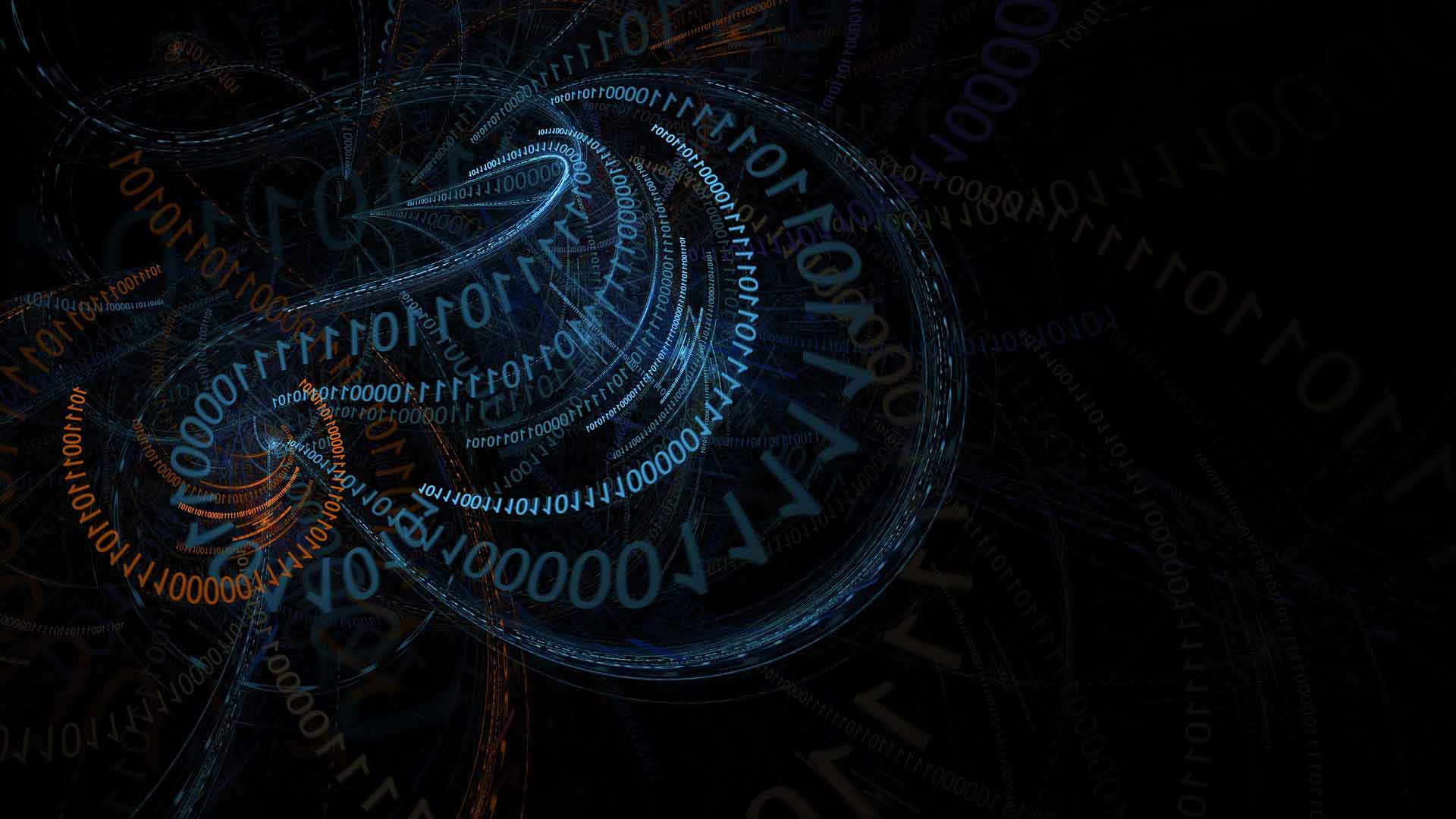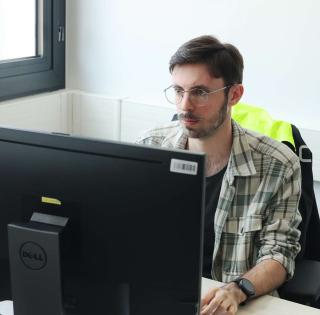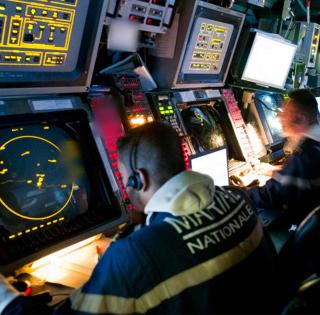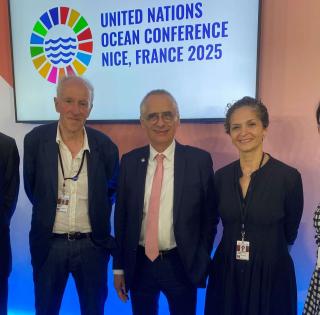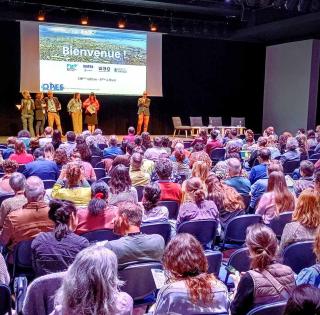
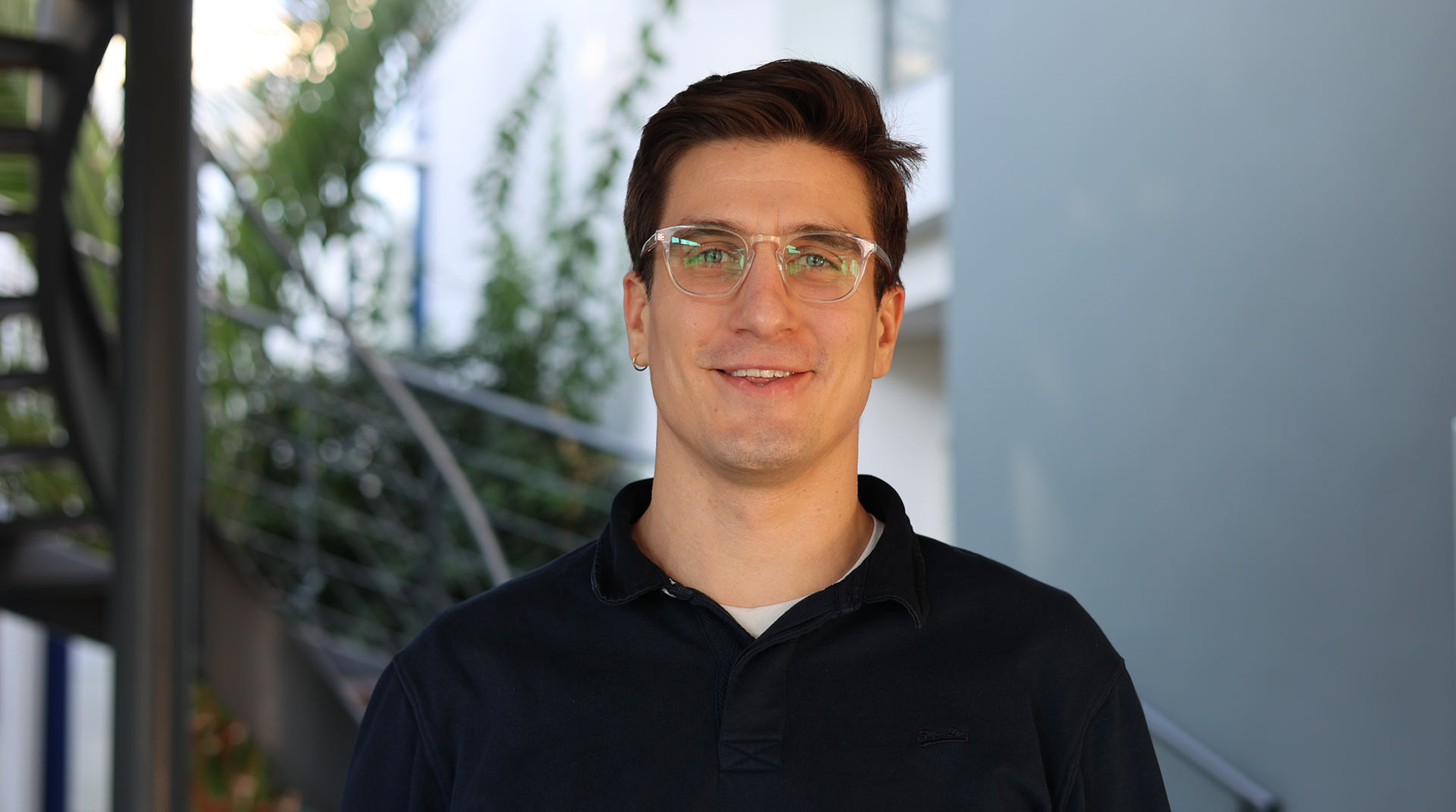
Could you introduce yourself?
I am currently a PhD student in international relations, working between Curtin University in Australia and ENSTA Bretagne (Humanities and Social Sciences department). Shannon Ford and Klara Kövesi jointly supervise my work. Prior to that, I completed a Master's degree in international relations and a Bachelor's degree in philosophy.
What is your thesis about? What issue is involved?
The main topic of my thesis is the impact of tech companies on cyberspace legislation
There is currently no international legislation regarding standards for acceptable state behavior in cyberspace, which involves defense and security issues. While there are some international standards, such as the Common Criteria standard or the European legislation on critical infrastructure protection, each country has its own rules, thereby leaving open doors that can be exploited by cybercriminals, for example.
In our digitally dependent societies, the cyber threat is real and strong. The development of offensive cyber technologies, disseminated as cyber-attacks, should – as is the case of civil and military nuclear energy – be governed by international regulatory mechanisms. The latter play a major role in preventing and avoiding the main risks, so as to curb increasingly virulent cybercriminal activities, or limit the danger of an uncontrollable escalation of tensions between States that could lead to the digital equivalent of a Pearl Harbor.
For the past 20 years, there have been many initiatives to try to bring about norms for cyberspace, but no consensus has emerged due to the lack of common standards and transparency of information. Some of these initiatives were led by companies, and what interests me is understanding why private players intervene in these debates between governments, and what their real influence is.
How is your research work organized?
One of the reasons I'm in Europe is to conduct physical or virtual interviews with European cyberspace decision makers (public and private organizations).
My research work then involves bringing together various points of view by applying the "Grounded Theory" at the methodological level, thereby allowing me to focus not only on the initial data – an interview for example – but also to cross-reference this information with information provided by other actors in the field.
How many interviews would you like to conduct?
Around 30 interviews, I hope, but cyberspace is a very sensitive issue for countries, intergovernmental organizations and companies. As a result, not all actors are always willing to testify.
What is the main challenge facing this thesis?
The main challenge is to gain access to those involved in these processes, and to collect as much reliable data as possible. This will provide a better understanding of how various players are involved in the international normative and regulatory process, how they make decisions and how they understand and justify their positions. This empirical knowledge will thus give future researchers the tools needed to make progress in this complex area of international cyberspace law.
Michael will continue his research in France up to August 2023. In September, he will then go back to Australia to finalize his work and write his thesis.






